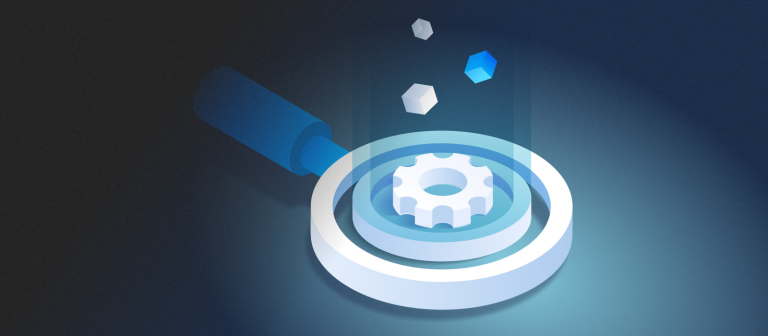What It Takes To Make Time for Fun and Games as a Busy College Student
As a busy college student, finding the time for gaming and leisure can seem next to impossible. But even the busiest students can incorporate some fun into their routines with a little creativity and planning. Below, we show you the strategies and insights to help balance books with recreation.
Creative Ways to Integrate Gaming into a Busy Schedule
Using gaming as a reward system for completing study sessions or achieving academic milestones can be highly motivating. It provides the anticipation and excitement needed to power through challenging workloads.
Gaming doesn’t always have to be a solitary activity. Joining gaming groups or clubs on campus can offer structured playtime that doubles as social engagement. This can make it easier to fit into a busy schedule since it’s a set date and time each week, much like a class or study group session.
Also, engaging in games that are great for short bursts of play can fit more easily into breaks and free periods. Sweepstakes casinos offer quick games that fill small gaps in the day without the commitment to longer play sessions.
Balancing Academic Responsibilities with Leisure Activities

For college students, the priority is often clear—academics come first. By setting clear educational goals and staying organized with assignment deadlines, you can carve out the necessary time for relaxation.
Understanding the rhythm of your academic term is crucial. During less intense periods, you can afford to allocate more time to leisure without impacting your studies. It’s about adaptability; when the curriculum gets heavy, you must scale back on gaming and use those peak times to focus on academia. Conversely, when your workload is lighter, it’s okay to indulge in a bit more fun.
Create a dedicated schedule that includes fixed times for both study and leisure. This doesn’t mean you have to stick to it rigidly, but having a structure in place can prevent the last-minute cram sessions. Plus, when you have a game night or a movie plan etched into your timetable, it feels like a well-deserved reward for your hard work earlier in the day or week.
Strategic Time Management Techniques

Effective time management is the foundation for finding the golden balance as a student. Essential techniques include the use of to-do lists and calendars, and setting attainable daily goals. You should prioritize tasks by urgency and complexity. Do the most demanding work when you’re most alert and leave lighter tasks for low-energy times.
Procrastination is often the biggest thief of leisure time. You can avoid procrastination using self-imposed deadlines and work periods broken up by short breaks. This is known as the Pomodoro Technique, which lets you complete tasks faster. This leaves unexpected pockets of time that can be used for relaxation and gaming.
The Importance of Self-Care and Recreation
Amid the stress of papers, exams, and the pressure to excel, students often neglect their well-being. Recreation helps to manage stress, enhance mood, and allow for social connections.
Self-care isn’t selfish; it’s necessary. Students who set time for activities they enjoy tend to have better concentration and a more positive outlook on college. Even brief periods of gaming can serve as an effective break from the demands of schoolwork.
Enroll in an associates degree in early childhood education for career advancement, specialized knowledge, professional development, and increased earning potential.
Altogether, adding fun to a demanding college schedule might feel like an impossible task, but it’s within reach. Overall, students equipped with strategic time management skills, a clear understanding of their goals, and a commitment to their well-being are more likely to succeed.







